Archive
02 November 2021
Marileen Dogterom elected as KNAW president

We warmly congratulate professor Marileen Dogterom on her appointment as the president of the Royal Netherlands Academy of Arts and Sciences (KNAW), the forum, conscience, and voice of the arts and sciences in the Netherlands, effective June 1, 2022.
27 October 2021
Making artificial leather while processing wastewater
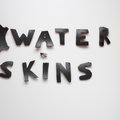
Leather is a strong product but has been getting bad press lately due to the fact that it is made of animal skins and the production process is a burden on the environment. The TU Delft student team WaterSkins has come up with a very sustainable alternative: artificial leather made during the treatment of wastewater.
25 October 2021
TU Delft spin-off MILabs acquired by Rigaku Corporation
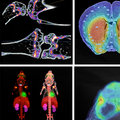
MILabs, a TU Delft spin-off that develops ground breaking imaging devices, is acquired by Rigaku Corporation. Founded in 2006, MILabs provides pre-clinical imaging systems and equipment with higher efficiency and accuracy than conventional alternatives. MILabs has developed a unique system that enables high performance nuclear medicine imaging. The innovative technique contributes to the quest for new therapies and new insights into disease biology in research labs around the world.
22 October 2021
Mechanism underlying the emergence of virus variants unravelled
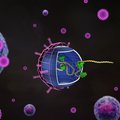
An international consortium, led by Delft University of Technology and the University of North Carolina, has for the first time succeeded in probing the molecular origins of recombination in RNA viruses. Hiccups during the copying process of viruses cause recombination to take place: the exchange of segments of viral RNA.
15 October 2021
Cooling radio waves to their quantum ground state
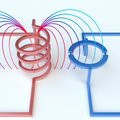
Researchers at Delft University of Technology (TU Delft) have found a new way to cool radio waves all the way down to their quantum ground state. To do so, they used circuits that employ an analog of the so-called laser cooling technique that is frequently used to cool atomic samples. The device used a recently developed technique the researchers call ‘photon pressure coupling’, which is predicted to be of use in detecting ultra-weak magnetic resonance (MRI) signals or for quantum sensing applications that can help the search for dark matter. The results have been published in Science Advances.
08 October 2021
Researchers unravel molecular replication process of covid-19
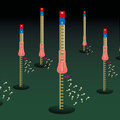
Is there a way to stop SARS-CoV-2-? An international consortium, led by biophysicist David Dulin at VU Amsterdam and in collaboration with Martin Depken from TU Delft, has investigated how to interfere with the viral genome-replication process at the molecular level.
07 October 2021
TU Delft researchers realize quantum teleportation onto mechanical motion of silicon beams

Quantum technology typically employs qubits (quantum bits) consisting of, for example, single electrons, photons, or atoms. A group of TU Delft researchers has now demonstrated the ability to teleport an arbitrary qubit state from a single photon onto an optomechanical device – consisting of a mechanical structure comprising billions of atoms. Their breakthrough research, now published in Nature Photonics, enables real-world applications such as quantum internet repeater nodes while also allowing quantum mechanics itself to be studied in new ways.
05 October 2021
Rubicon grant for Applied Sciences researcher
Maurice Krielaart (ImPhys) has been awarded a coveted Rubicon grant by NWO.
01 October 2021
Can quantum and gravity get along?
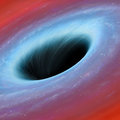
A proposal for testing general relativity using superconducting mechanical quantum devices.
01 October 2021
Safety and modernisation go hand in hand at Reactor Institute Delft (RID)
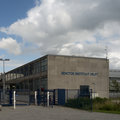
In September, Reactor Institute Delft (RID) was visited by an INSARR mission (Integrated Safety Assessment for Research Reactors) from the International Atomic Energy Agency (IAEA). In its report, the team of experts from the IAEA concluded that during a significant modernisation operation of the research reactor, safety was prioritised. The team also found areas requiring further enhancements, including the organisational structure and safety procedures and documentation.